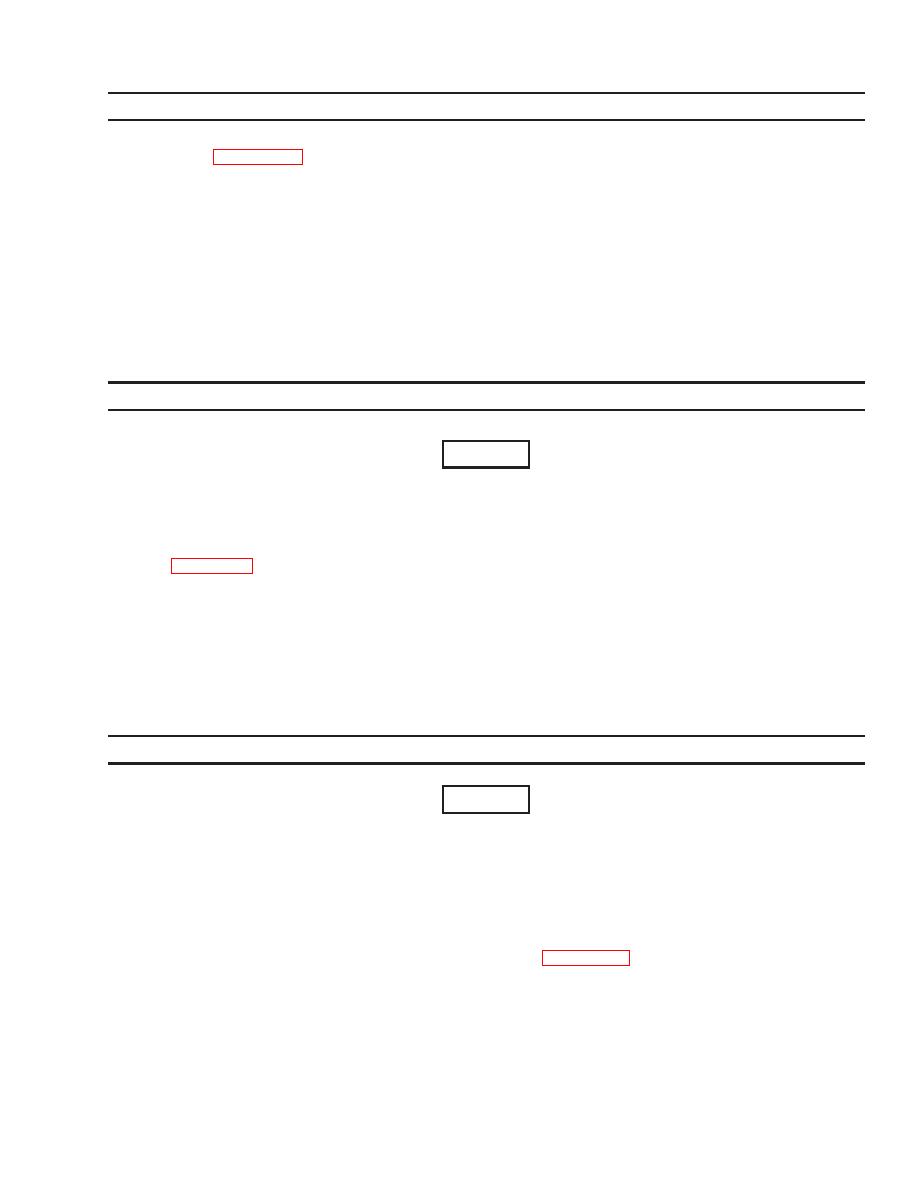
TM 5-2330-325-14&P
a.
Refer to Appendix I for proper lubrication during extreme heat conditions. Adequate lubrication
is essential. Extreme heat will cause oil films to evaporate, resulting in inadequate lubrication.
b.
Keep tires protected from direct sunlight to prevent increases in air pressure and deterioration of
rubber.
c.
Cover inactive trailer with tarpaulins, if they are available and if there is no other available shelter.
For several hours each week, shake out and air canvas covers or other items subject to
deterioration from mildew or attacks by insects or vermin.
d.
If inactive for long periods in hot, humid weather, trailers are subject to rapid rusting and
accumulation of fungi growth. Frequently inspect, clean, and lubricate to prevent excessive
deterioration.
CAUTION
Do not tow, pull, or push trailer by the rear bumper. This may cause damage to the
equipment.
a.
Inspect, clean, and lubricate trailer frequently when operating in dusty or sandy areas. Refer to
b.
Reduce tire pressure to 70 psi (482.6 kPa) for operation in beach or desert sand.
c.
Be sure to return tire pressure to normal 115 psi (792.93 kPa) for the M870A3 after operation in
sand.
d.
Make sure no dust or sand enters exposed mechanisms or lubrication fittings during inspections
and repair operations. Cover exposed parts with tarpaulins or other suitable cover during
disassembly and assembly.
CAUTION
Do not tow, pull, or push trailer by the rear bumper. This may cause damage to the
equipment.
NOTE
Refer to FM 21-305 for special instructions for operation in snow.
a.
Frequently clean, inspect, and lubricate trailer. Refer to Appendix I for proper lubrication
instructions.
b.
Reduce tire pressure to 70 psi (482.6 kPa) while operating in soft mud, if practical.
c.
If one or more wheels sink into mud, you may need to jack up mired wheel and put planking or
matting under it.


